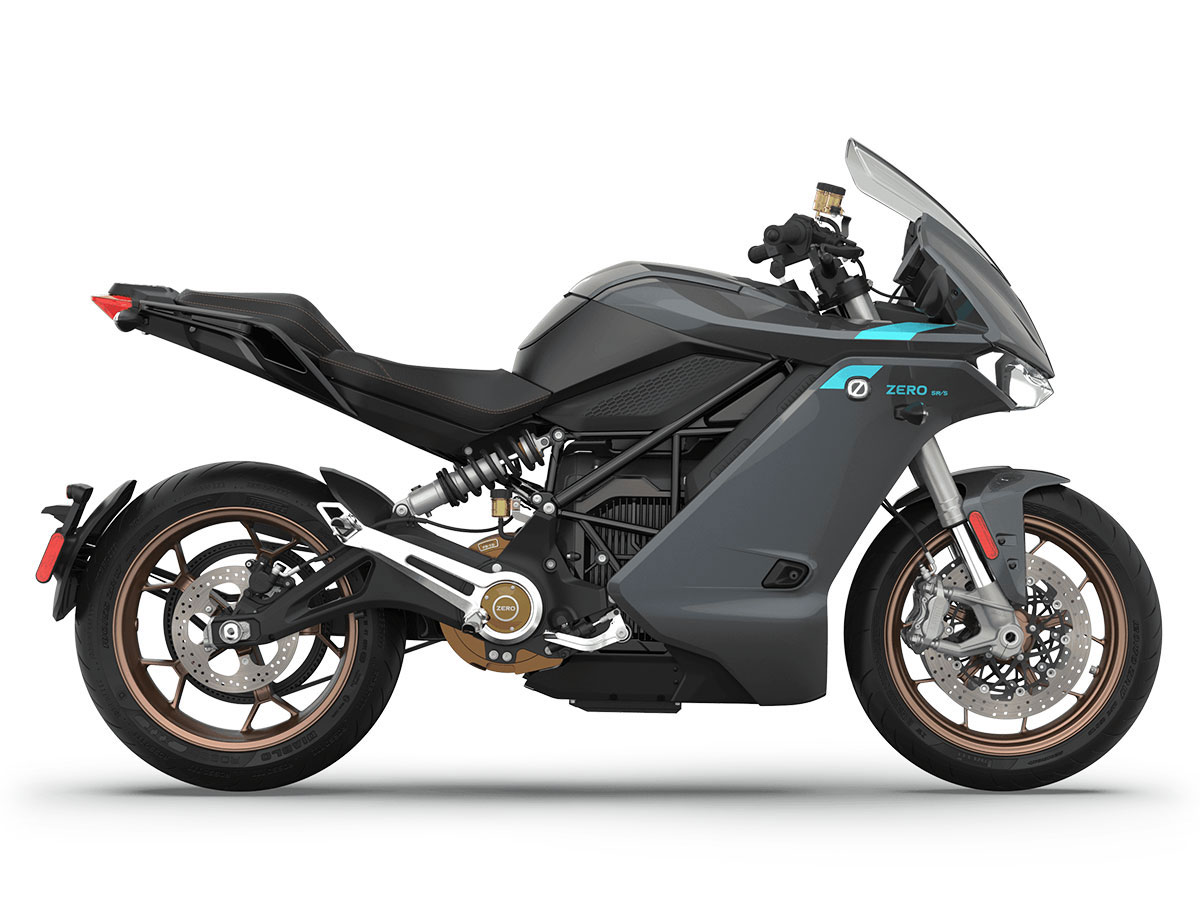Absolutely! Here’s a long article about “motorcycle Zero,” covering various aspects and using `
` and `
` for subheadings instead of “.
The roar of the internal combustion engine has long been synonymous with the thrill of motorcycling. However, a silent revolution is underway. Electric motorcycles, often referred to as “Motorcycle Zero,” are rapidly gaining traction, promising a cleaner, quieter, and potentially more exhilarating riding experience. This article delves into the various facets of this emerging technology, exploring its history, current state, and future potential.
The Genesis of Electric Motorcycles
The concept of electric motorcycles is not a modern invention. In fact, early attempts at electric propulsion predate the widespread adoption of gasoline-powered bikes.
Early Experiments and Innovations

The late 19th and early 20th centuries saw numerous experiments with electric vehicles, including motorcycles. These early models were often hampered by limitations in battery technology, resulting in short ranges and low speeds.
The Dormant Years
Following the rise of the internal combustion engine, electric motorcycles largely faded into obscurity. The abundance of cheap gasoline and the superior performance of gasoline-powered bikes pushed electric alternatives to the sidelines.
The Resurgence of Electric Motorcycles
In recent years, a confluence of factors has propelled electric motorcycles back into the spotlight.
Advancements in Battery Technology
The most significant driver of this resurgence has been the rapid advancement in lithium-ion battery technology. Increased energy density, reduced costs, and improved charging infrastructure have made electric motorcycles a viable alternative to their gasoline-powered counterparts.
Environmental Concerns and Sustainability

Growing awareness of climate change and the need to reduce greenhouse gas emissions has fueled demand for electric vehicles, including motorcycles.
Technological Innovations and Performance
Electric motors offer instant torque, resulting in rapid acceleration and a thrilling riding experience. This performance advantage has attracted a new generation of riders to electric motorcycles.
Current Market Landscape
The electric motorcycle market is rapidly expanding, with a growing number of manufacturers offering a diverse range of models.
Key Manufacturers and Models
Zero Motorcycles: A pioneer in the electric motorcycle industry, Zero offers a range of high-performance electric bikes, including the SR/F and SR/S.
Market Segments and Applications

Electric scooters and mopeds: These are popular for urban commuting and short-distance travel.
Challenges and Opportunities
Despite the rapid growth of the electric motorcycle market, several challenges remain.
Range Anxiety and Charging Infrastructure
Limited range and the availability of charging infrastructure are major concerns for potential buyers.
Cost and Affordability
Electric motorcycles are generally more expensive than their gasoline-powered counterparts, although prices are gradually decreasing.
Battery Life and Disposal
The long-term durability and lifespan of electric motorcycle batteries are still being evaluated.
Opportunities for Innovation
The electric motorcycle market offers numerous opportunities for innovation in areas such as battery technology, motor design, and software development.
The Future of Motorcycle Zero
The future of electric motorcycles appears bright, with continued advancements in technology and growing consumer demand.
Increased Adoption and Market Growth
As battery technology improves and charging infrastructure expands, electric motorcycles are expected to become increasingly popular.
Integration with Smart Cities and Transportation Systems
Electric motorcycles can play a key role in the development of smart cities and integrated transportation systems.
The Evolution of Riding Experience
Electric motorcycles are redefining the riding experience, offering a unique blend of performance, technology, and sustainability.
The Impact on Traditional Motorcycle Culture
Electric motorcycles are changing the landscape of motorcycle culture, but not necessarily replacing it.
In conclusion, “Motorcycle Zero” represents a significant shift in the world of motorcycling. While challenges remain, the potential of electric motorcycles to revolutionize personal transportation is undeniable. As technology continues to advance and infrastructure improves, electric motorcycles are poised to play a major role in the future of mobility.
